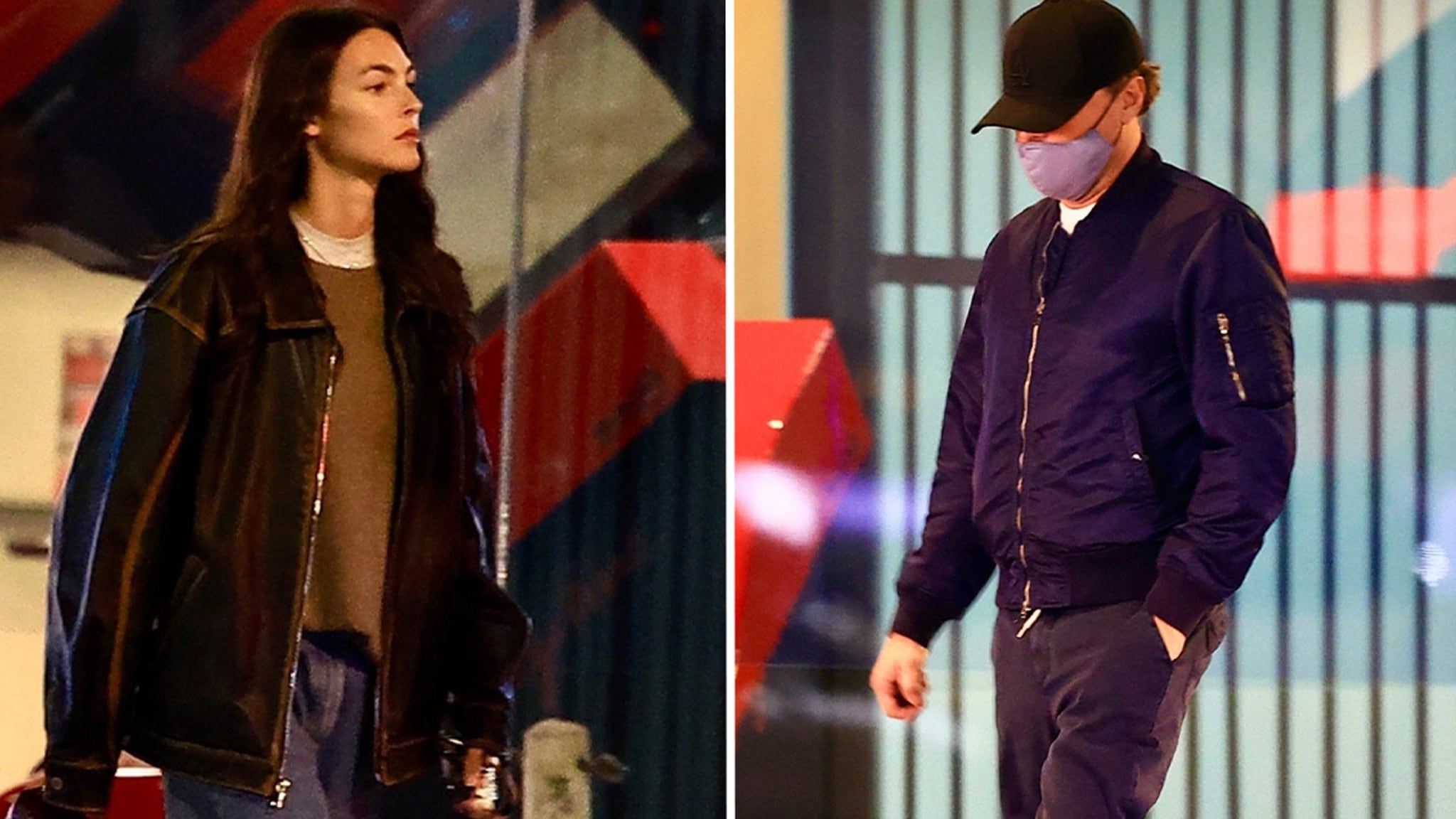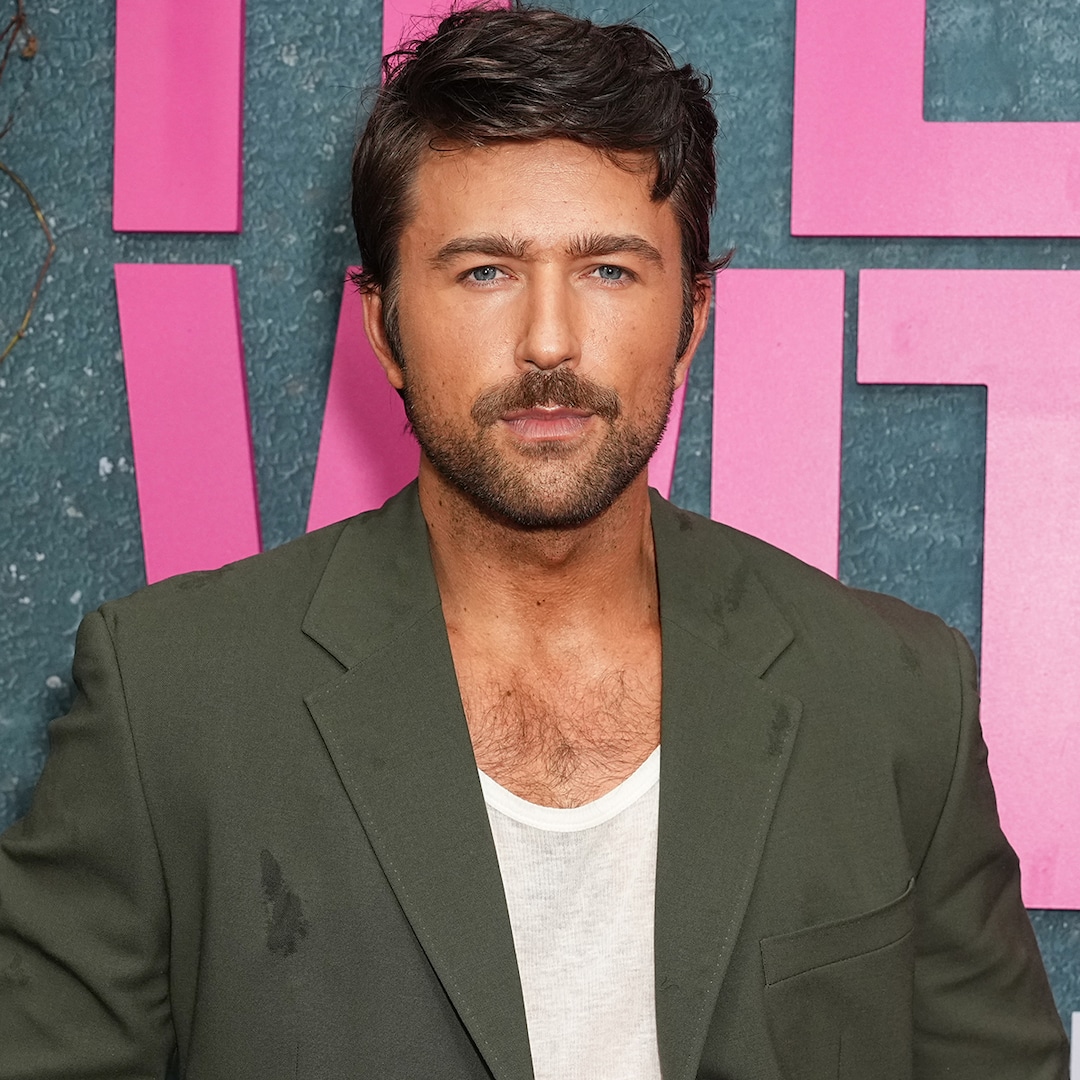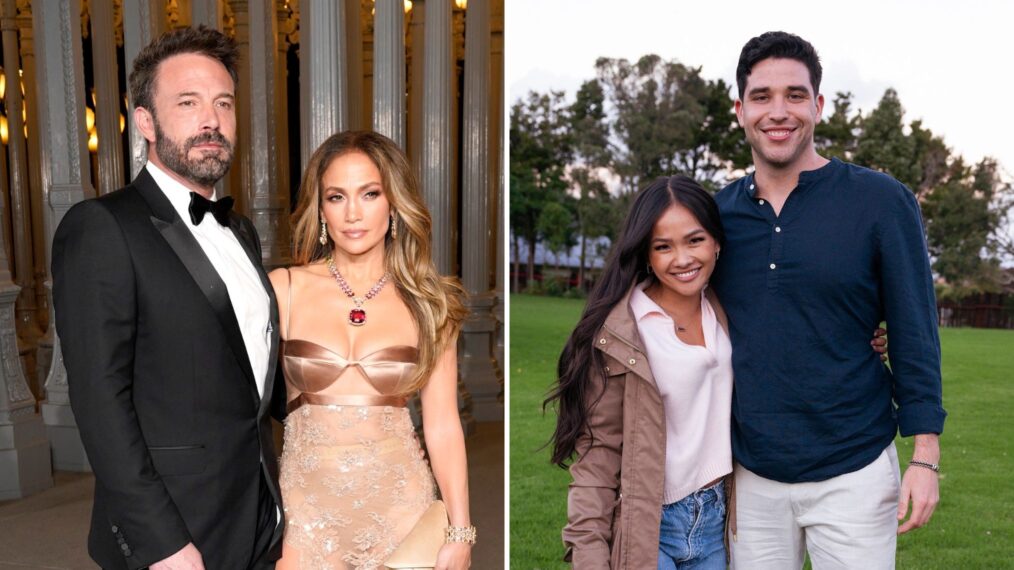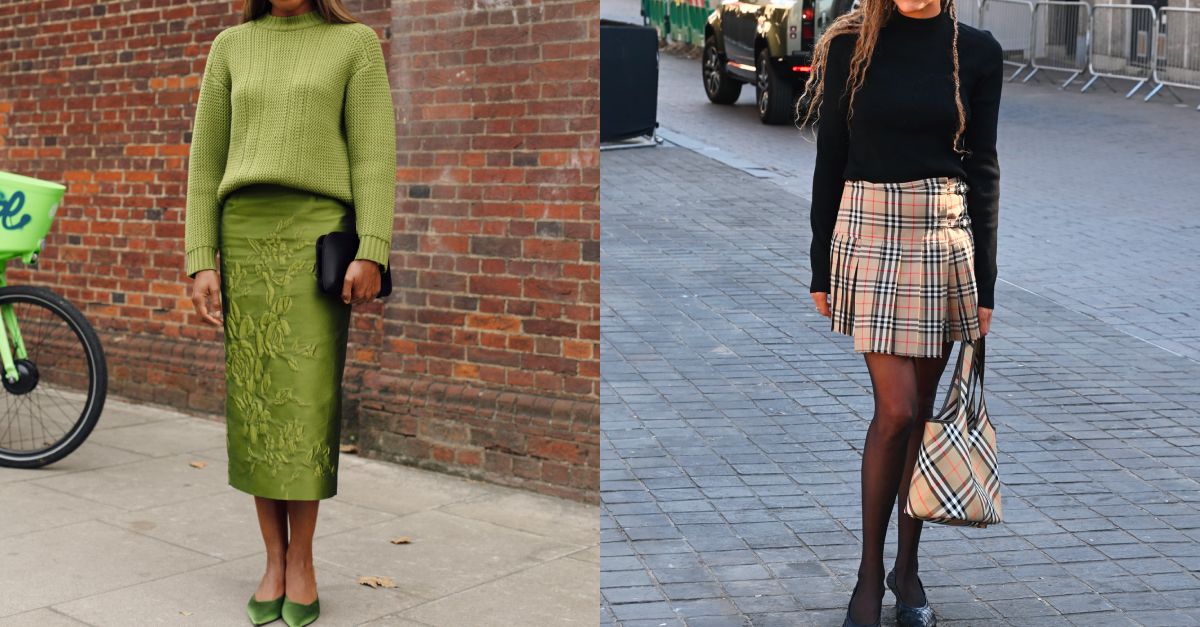At the very end of 2022, Leonard Whiting and Olivia Hussey, the stars of the popular 1968 film of William Shakespeare’s Romeo & Juliet filed suit against the movie’s distributor, Paramount Pictures, accusing the company of “sexually exploiting them and distributing nude images of adolescent children.” Whiting and Hussey claimed that the movie’s director, Franco Zeffirelli, had “assured both actors that there would be no nudity in the film, and that they would wear flesh-colored undergarments in the bedroom scene. But in the final days of filming, the director allegedly implored them to perform in the nude with body makeup, ‘or the Picture would fail.’”
Today, in Los Angeles Superior Court, a judge “signaled” she would dismiss the suit, calling the actors’ allegations a “gross mischaracterization” and saying the sequence in question is not “sufficiently sexually suggestive” to rise to the level of child pornography, as the suit claimed. According to The Hollywood Reporter, Judge Alison Mackenzie ruled that the film is protected by the First Amendment.
READ MORE: The Best Movies Based on Books You Read in English Class
The two stars of the film are now in their 70s; they were 15 and 16 when they made the film. Their suit was filed as a law that had temporarily suspended the statute of limitations on some child sexual abuse cases in the state of California was set to expire at the end of 2022. Whiting and Hussey were seeking $500 million in damages from Paramount.
According to THR, Whiting and Hussey’s attorney says the pair will appeal the ruling. In a statement, the actors said “We waited going on 55 years for justice. I guess we’ll have to wait longer.”

10 Movies That Changed The Ending Of The Books They’re Based On
These movies are drastically different from the movies that inspired them.











































:quality(85):upscale()/2024/12/24/622/n/1922564/9eb50f2c676abd9f1647c5.05876809_.jpg)

























